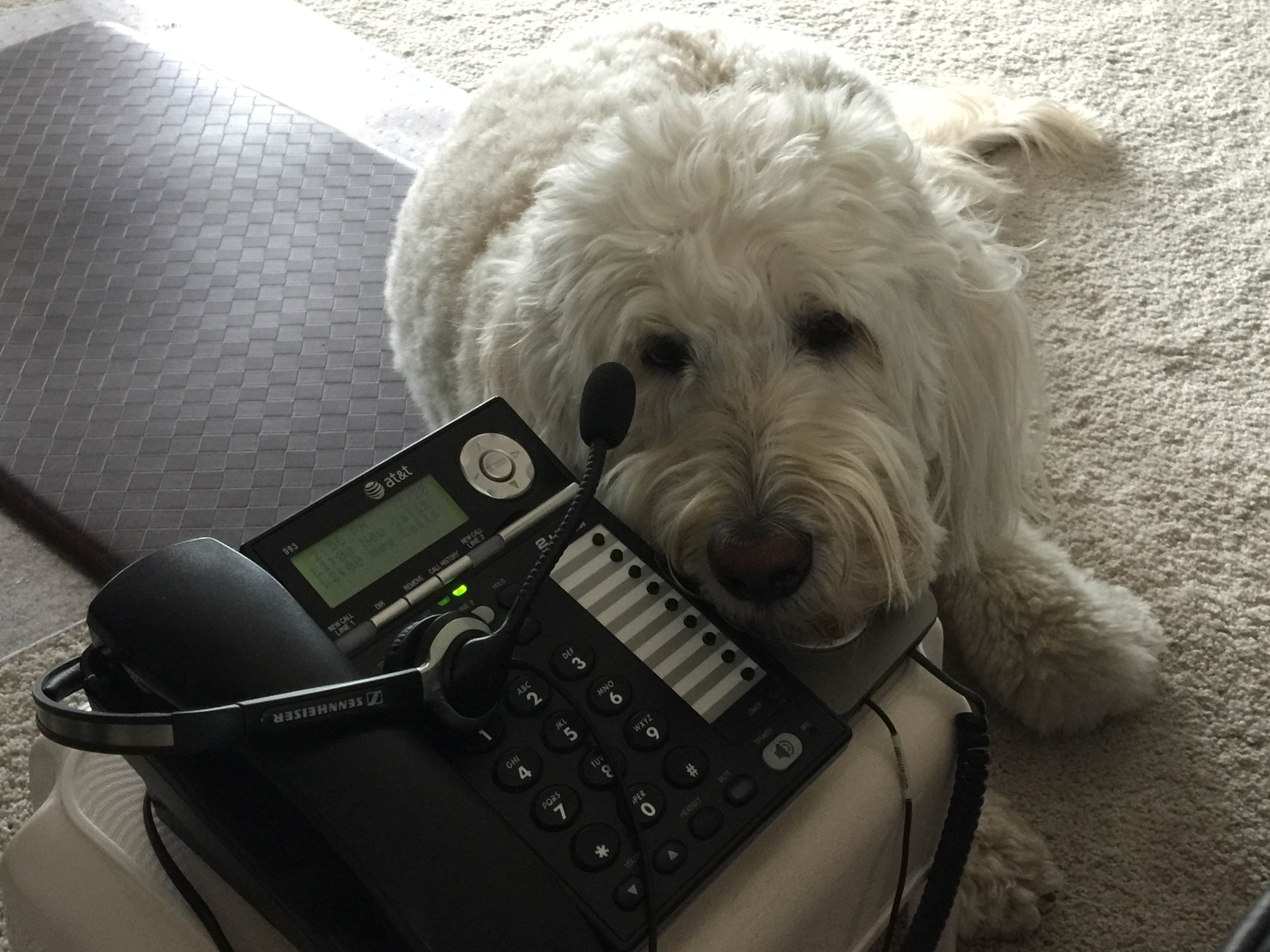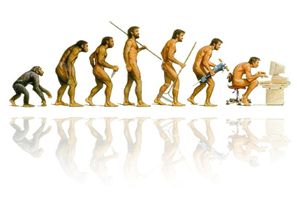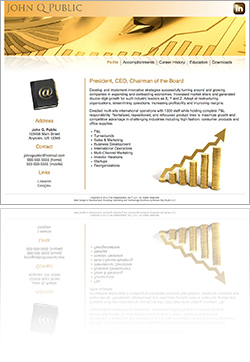Are you Joe Cool?
Or perhaps you’re the queen of the call center?
Or just the girl on the go… regardless of snow?
In today’s competitive market, it’s more important than ever to have a personal brand to separate yourself from the pack. But for executives who have experienced a great deal of success, what should go into your brand?
When I have an initial conversation with executives, they communicate a litany of skills and accomplishments, often far ranging and far reaching. Very few are able to succinctly sum up what truly differentiates them and makes them unique. In other words, very few have thought about or developed their personal brand. That’s because to a person, they’ve been wrapped up and committed to developing their company’s brand, focusing on driving performance and profitability.
Having a personal brand not only helps you as an individual, it also reflects well on your company. One of the best examples of this is Steve Jobs, a genuine visionary whose personal brand helped shape Apple as a company that drives innovation.
But when you’re ready to leave your company, what does the marketplace know about you? Have you been diligent and deliberate about developing your brand, calling out what makes you a unique and desirable leader? In today’s digital age, when a quick search and a couple of clicks can reveal so much, are you showing up?
Most executives are not and that’s why it’s crucial to avoid being a digital dinosaur, step into the 21st century and embrace today’s technologies to develop a consistent, cross platform personal brand. It should include a web portfolio, a polished LinkedIn Profile and, if you have time, a Twitter account and perhaps a blog to show off your skills as a subject matter expert. In this way you take control of the content and message and create a unique, memorable personal brand.
Developing your personal brand is what it takes if, instead of running with the pack you want to lead it.
~Linda





